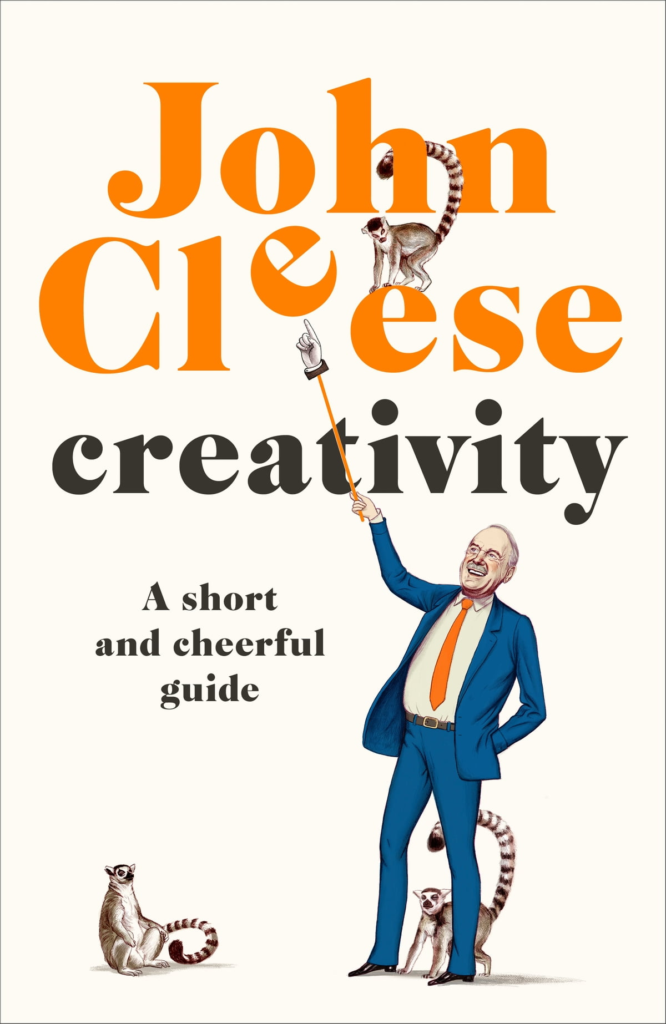Do things that will benefit the future you most and make you happy. Learn how to see short-term goals to make that work for your future self.
https://www.indeed.com/career-advice/career-development/short-term-goal-setting
Do things that will benefit the future you most and make you happy. Learn how to see short-term goals to make that work for your future self.
https://www.indeed.com/career-advice/career-development/short-term-goal-setting
You don’t know who you will become because you can’t see the future and the small steps you will take to get there. Change is logical looking back in time makes sense. Set the stage to influence your future self.
https://www.bbc.com/worklife/article/20220201-how-thinking-about-future-you-can-build-a-happier-life
https://www.bbc.com/worklife/article/20220201-how-thinking-about-future-you-can-build-a-happier-life
We talk about the steps to take to get in the right gear. 5th gear is in the flow of focus mode. 4th gear is being in task mode! 3rd gear is about being social 2nd gear is having deep relationships. 1st gear is about that pure rest mode. Find out how to identify the modes and get them in the right spots.
Learn why being awkward has special powers and tips on getting better at difficult things.
https://www.theatlantic.com/health/archive/2017/04/awkwardness-why/524385/
See how hormones in your body affect your mood and sleep. Find out when they are out of normal ranges.
Dopamine Disorders – The wrong levels of Dopamine can cause lethargy or addictions. Drug addiction can also work against the dopamine system, making them even more addictive.
Serotonin – Serotonin has to do with well-being, gastric systems, and the production of Melatonin.
Melatonin – Melatonin releases when your body starts to prepare for sleep and is responsible for the sleep clock and schedule.
Cortisol – Cortisol pumps out during the morning to wake you up and when danger is around. It produces energy via sugar release to allow you to wake up or run away from danger. I can improve the immune system because, in the past, the threat was also dangerous to our physical health. Keep stress in control to keep this hormone at the proper levels.
Challenge
Consider how some of these hormones may affect your daily life, for example, if you’re having trouble sleeping, have high-stress levels, or are just fatigued. Think about those hormones and decide if it’s time that you talk to your doctor about them because there are treatments for low levels or high levels of all these hormones.

Creativity is not just about the Arts – People think creativity is about arts or acting. Still, creativity is about all sorts of actions like troubleshooting, science, or even problem-solving.
Creativity is Not Born – Anyone can be creative and learn. However, people are not born with it but get better and better with practice.
We are Unsure About the Unconscious – We are unsure about the unconscious. But that does not prevent us from using it. We don’t know how many things work, but it works to our benefit.
We Learned it Young – We learn at a young age from school to only think with our conscious mind. But unfortunately, we are only taught how to use it; therefore, we are terrible at problem-solving with our unconscious minds.
Solving Problems Without Trying – Have you ever solved a problem by just taking a walk, napping, or doing something else? The unconscious brain keeps working on issues when we do other activities.
The Fast Hare Brain – The conscious brain is the hare. It speeds a long and tries to solve answers. It thinks in words and math and solid thoughts that are easily reachable.
The Tortoise Brain – The unconscious brain is slower. It doesn’t use words or tangible things, so you must learn how to hear it. You need both brains to solve problems.
Never Force a Decision – Never force a decision before you need to. Give your brain more time. Give your unconscious mind time. You will also allow time for more data or changes in the problem. Waiting is only beneficial to you.
Stop Interruptions – Interruptions break up your creativity and your unconscious thoughts if the interruptions are coming inside your brain by telling yourself that you are wrong or other thoughts that destroy your creativity.
Let Ideas Gel – Let ideas roll around in your unconscious a bit. Then let the “hare brain,” the conscious brain, take what the unconscious brain solved and structure the idea. The two brains working together will develop the best ideas.
Play – Play will increase your creativity and let you think outside the boxes your conscious, uncreative brain establishes.
Start with Creativity from Others – If you use the work of others as a starting point, it will help you learn about creativity from professionals. Then make it your own. On top of other creativity, your creativity will bring a great idea.
Edit and Keep it Short – if you are bored reading your work, then it is boring and will bore others. Good editing will make your work better.
Challenge
Take a problem you have this week, then sit in a quiet room and play in your mind. Think about it. Think about tinkering with the idea, turning it over in your head a bit. Maybe even go for a walk with that notepad in hand. Then see after this creative, uninterrupted time if you found a better solution to your problems, or maybe at least a more creative solution. Then, if you found it worthy and it was helping you, incorporate that path into your innovative thinking and then incorporate it into your creative thinking.
Links
https://www.youtube.com/watch?v=Pb5oIIPO62g

Challenge
Links

Challenge
Links
The 5 Second Rule

Challenge
Links
